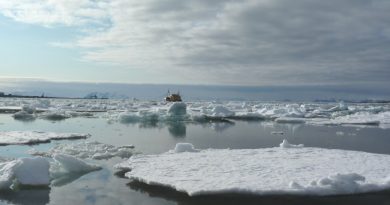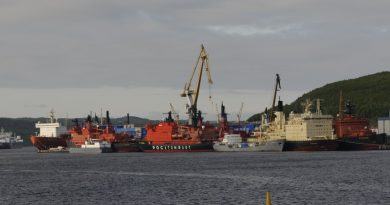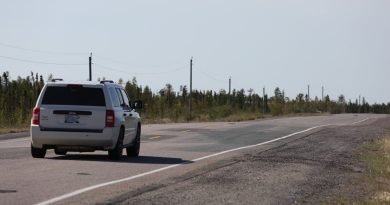Mining company never paid up for environmental damage in Canada’s Northwest Territories
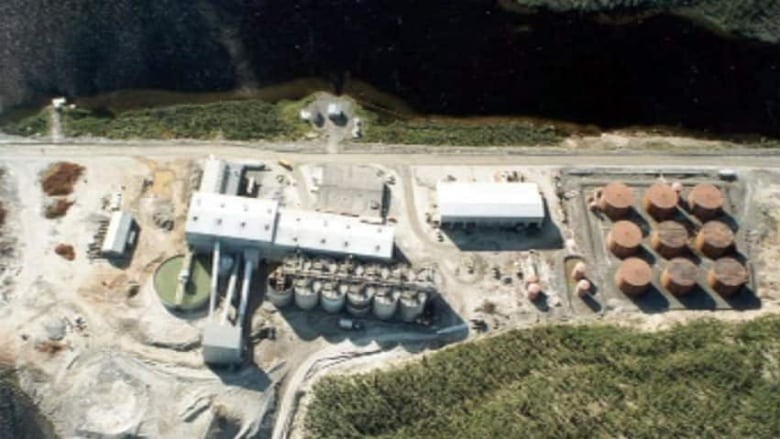
A company that was ordered to pay three of the biggest financial penalties ever imposed by a Northwest Territories court never paid a cent for the environmental damage it was fined for.
Royal Oak Mines was ordered to pay a total of $1.4 million as a result of charges that were laid after two tailings spills at its Colomac Mine, an open pit gold mine 220 kilometres northwest of Yellowknife.
The spills happened on Oct. 18 and Oct. 22, 1997. By the time the charges were dealt with in court, two and a half years later, Royal Oak was under creditor protection. Its marginally profitable mines had become money losers as a result of a 25 per cent drop in the price of gold from 1996 to 1998.
The company did not show up for its April 12, 2000, trial on Fisheries Act and N.W.T. Waters Act charges. The trial proceeded anyway, with prosecutor Alan Regal calling six witnesses.
The main witness was Ron Breadmore, a federal water resources officer who inspected Colomac following the spills. He testified that both were the result of breaks in the same joint of a 40-centimetre diameter pipe that transported tailings from the mill to a holding area.
‘It hadn’t been cleaned up at all’
The first was less serious. About 50 cubic meters of tailings spilled by Royal Oak’s estimate. According to the spill report Royal Oak filled out, the tailings had been cleaned up. The company added that such a spill was unlikely to occur again.
Breadmore only learned of the spill two days after it occurred, as he arrived at Colomac for a pre-planned visit.
“As we were offloading from the Royal Oak charter, I overheard staff who were coming out mention it had been a bad weekend for the mill and there had been some problems,” Breadmore testified during the trial.
He said he questioned the company’s environmental superintendent, Stephen Schultz, about it, was shown the spill report and was taken to where it occurred.
“It hadn’t been cleaned up at all,” testified Breadmore.
A few days later he got a call from Schultz, who informed him another tailing spill had happened at Colomac. Breadmore arrived at the mine the next day to find a much larger spill.
“It was quite traumatic,” recalled Breadmore of his first look at the spill. “The tailings now completely filled the ditch on the west side of the road. The break had occurred in fact at the same joint in the pipe. The tailings plume, as I called it, was completely grey and the snow had melted throughout the plume area toward Duck Lake.”
The tailings — a toxic by-product of the gold refining process containing high concentrations of cyanide, ammonia, copper and arsenic — had flowed into the small lake.
“The plume had fanned out to a width of approximately a thousand feet along the Duck Lake shoreline,” said Breadmore.
Royal Oak estimated somewhere between 150 to 400 cubic meters of tailings had spilled.
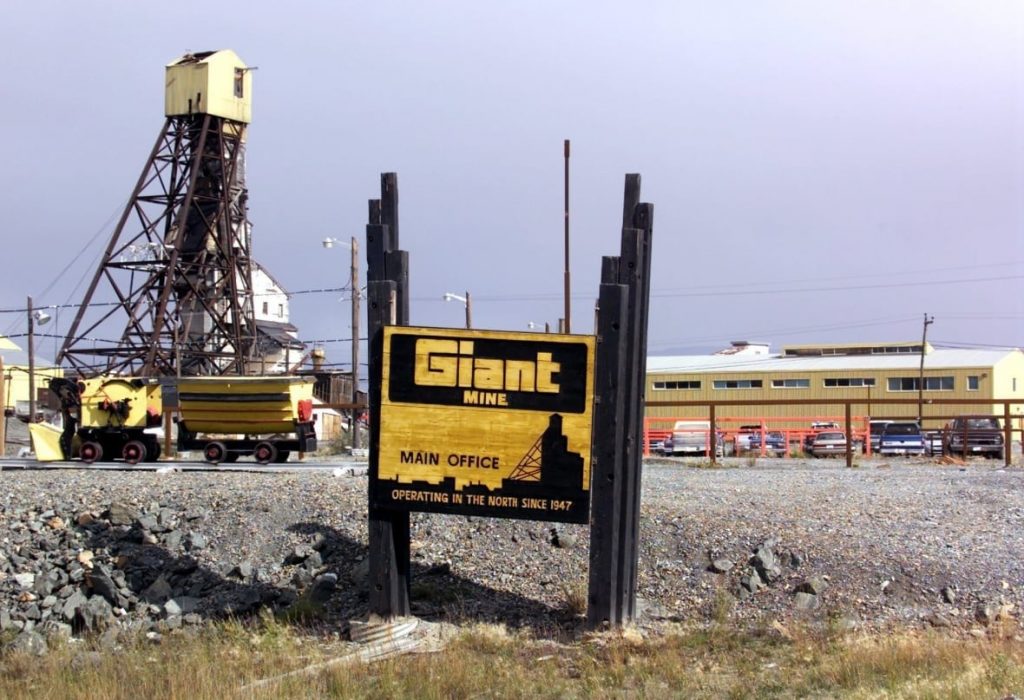
Safety systems not functioning
Breadmore said there was an alarm system at the mine to alert people about sudden changes in flow or pressure, but it had been malfunctioning and giving off false alarms and was inoperable. There was also an automatic shut off system that would have stopped the flow of tailings as soon as the pipe broke, but it too was not operable.
Apart from the failed systems aimed at alerting staff to spills and minimizing them, Royal Oak staff made little effort to contain the spills after they occurred.
“They did nothing about trying to clean up the spill other than build an inadequate berm at one point and randomly placing 12 [sand]bags, which was ineffective,” said Judge E. R. Wachowich in his decision.
Four months after the spills, Royal Oak suspended operations at Colomac. While it was on care and maintenance, the company quietly removed haul trucks, the six generators that powered the mill, and “many pieces of vital equipment,” according to Breadmore’s testimony. He said he had heard the equipment had been moved to Royal Oak’s Kemess Mine in northern B.C., which the company was racing to bring into operation.
In early 1999, 16 months before the trial, Royal Oak filed for creditor protection and was de-listed from the Toronto Stock Exchange. When an attempt at restructuring failed, its assets were sold off. The federal government assumed control of both Colomac and Yellowknife’s Giant Mine, also owned by the company.
The unpaid fines are a drop in the bucket next to the cleanup costs taxpayers were saddled with. In addition to the billion dollar estimated cost of remediating Giant Mine, the federal government spent approximately $149 million to remediate Colomac. That was more than double the $70 million it initially estimated the cleanup would cost.
Though now remediated, with gold prices up, the old mine property is part of a larger area being explored by another gold explorer, Nighthawk Gold Corp.
Related stories from around the North:
Canada: Giant Mine contamination apology discussions underway, says Yellowknives Dene First Nation, Canada, CBC News
Finland: The Arctic Railway – Building a future or destroying a culture?, Eye on the Arctic
Greenland: Canadian geologist raises questions about controversial Greenland mining project, Radio Canada International
Sweden: Reducing emissions could create up to 3,000 new jobs in Arctic Sweden says mining group, Radio Sweden
United States: Conservation groups sue government over Alaska mining road, The Associated Press

